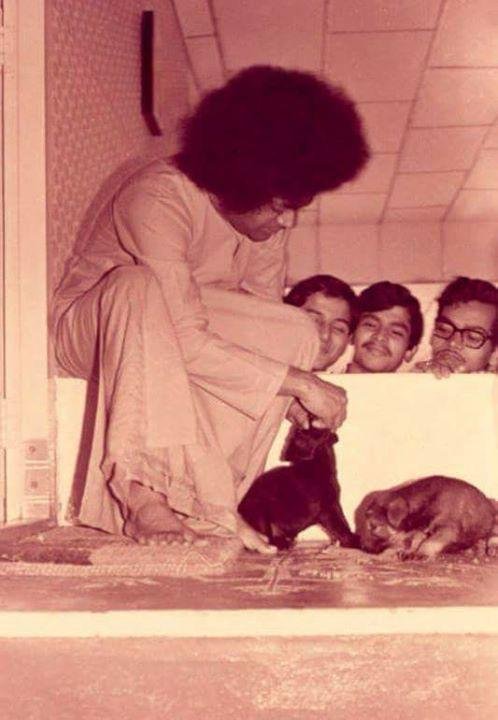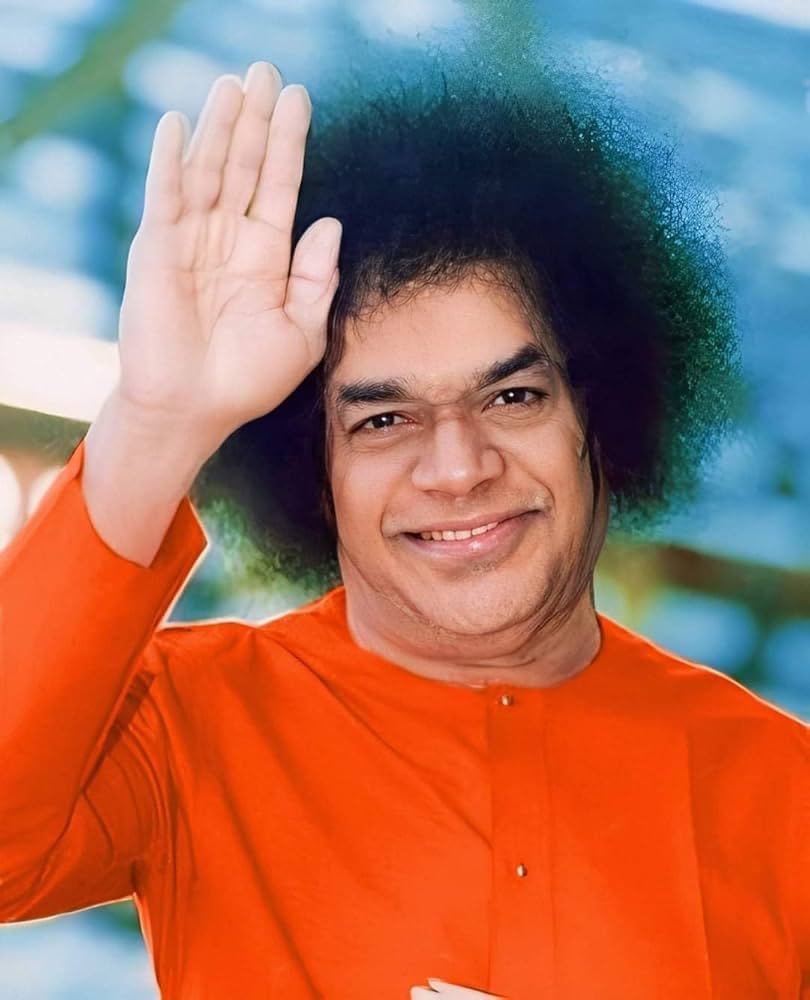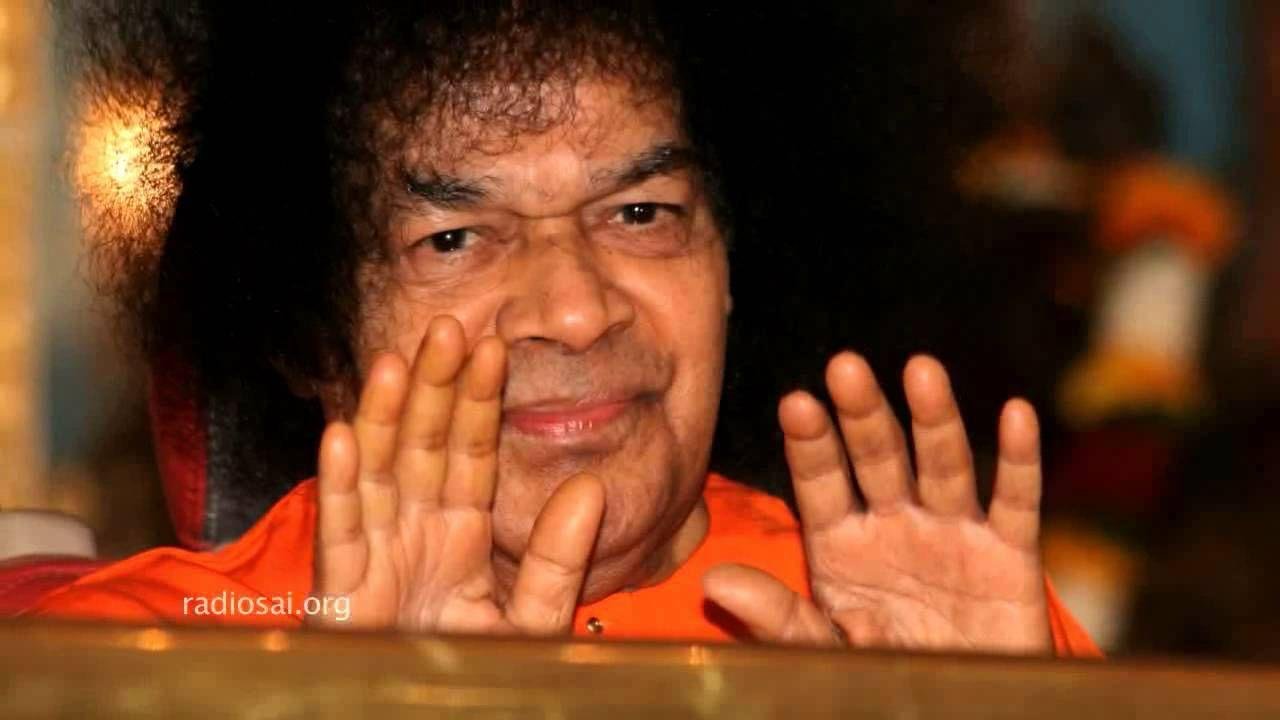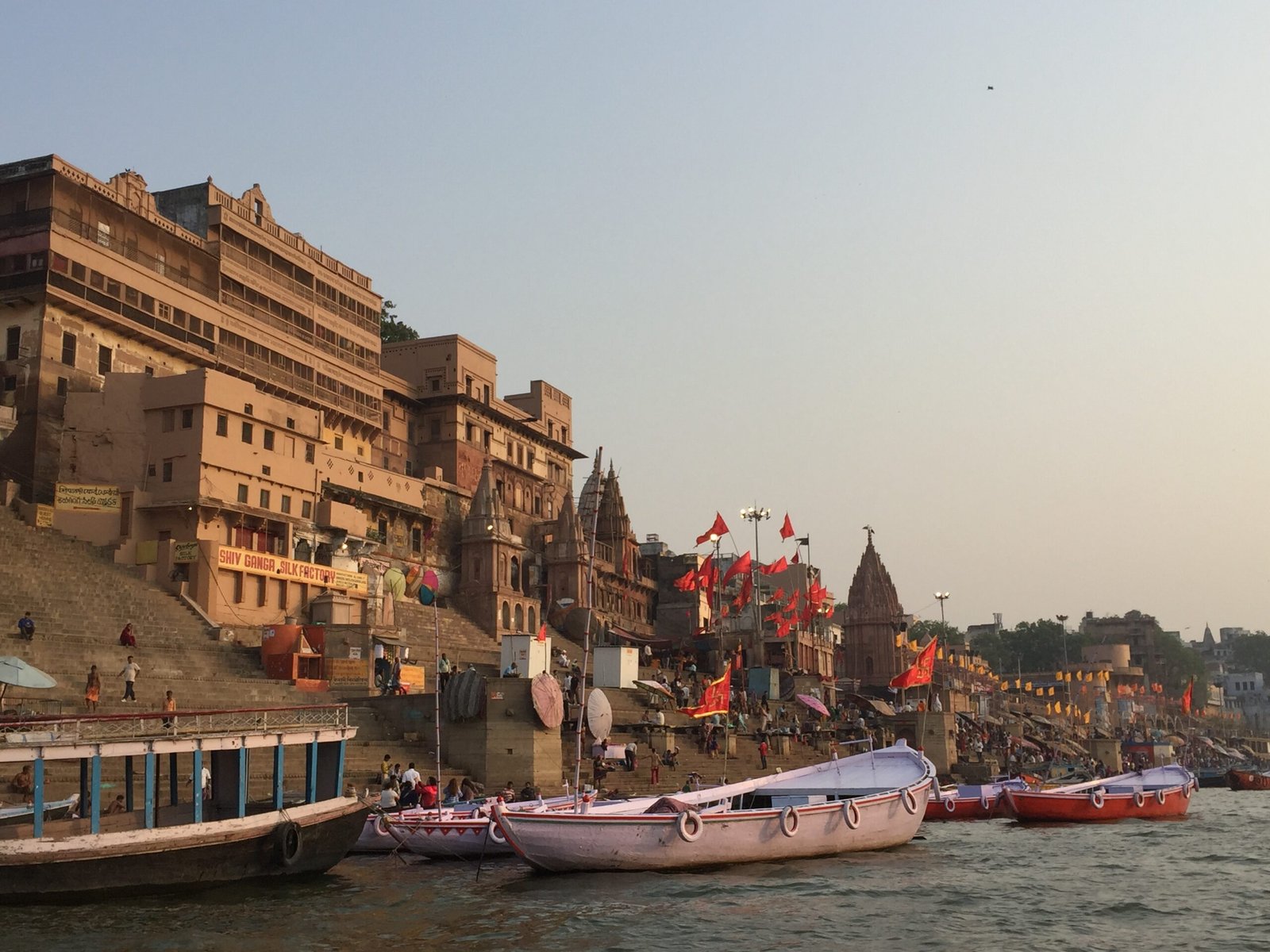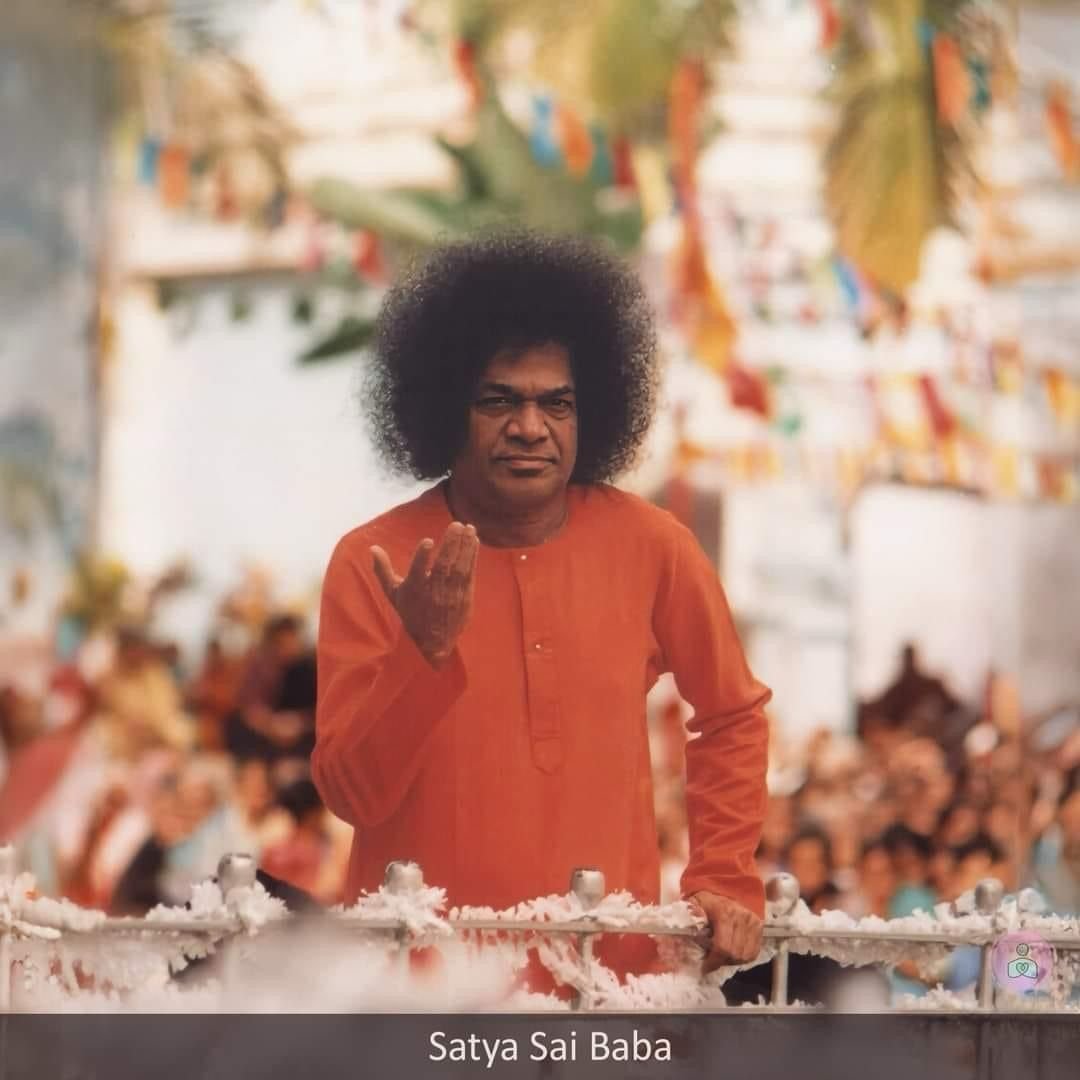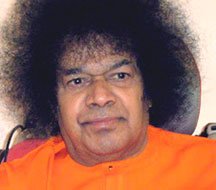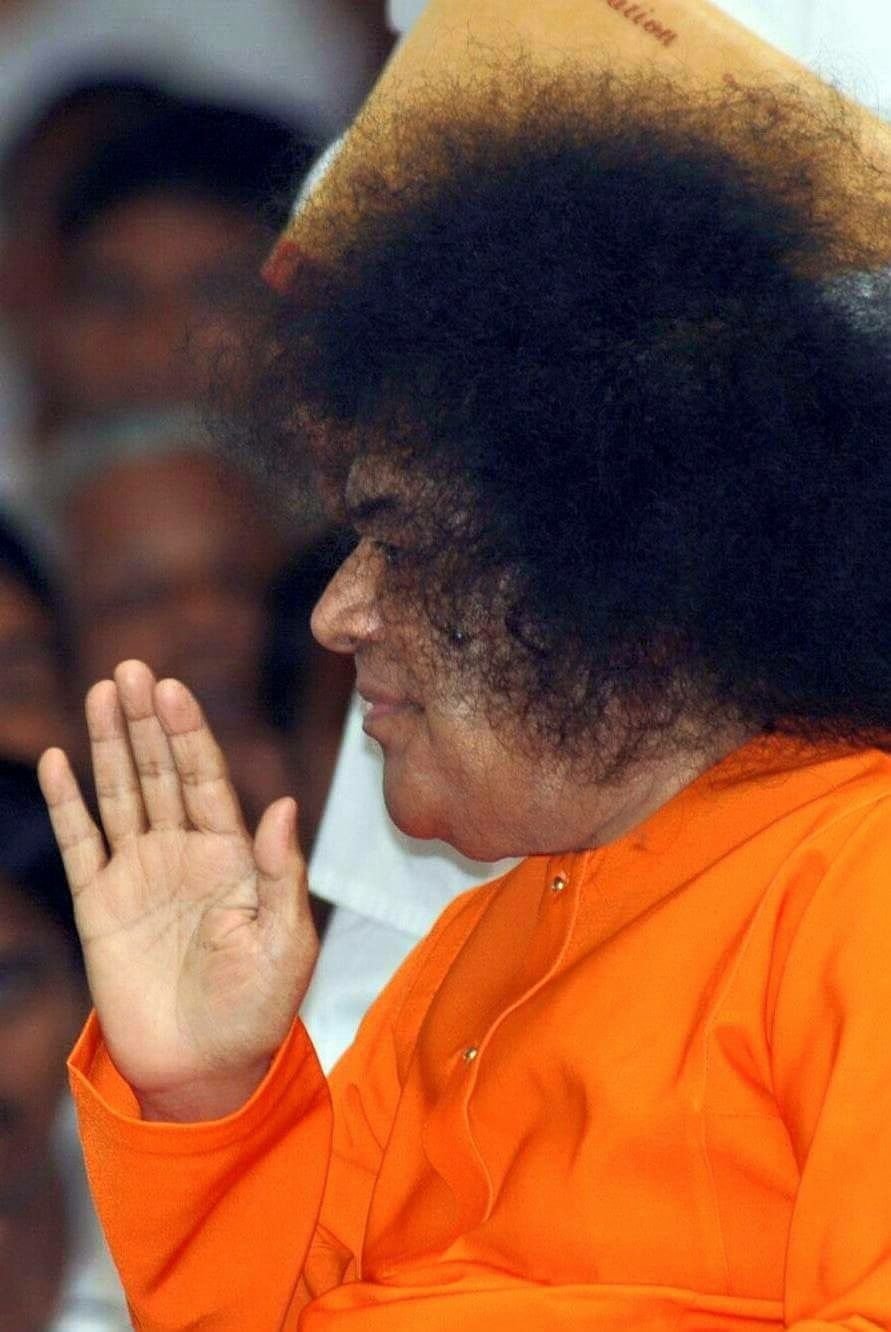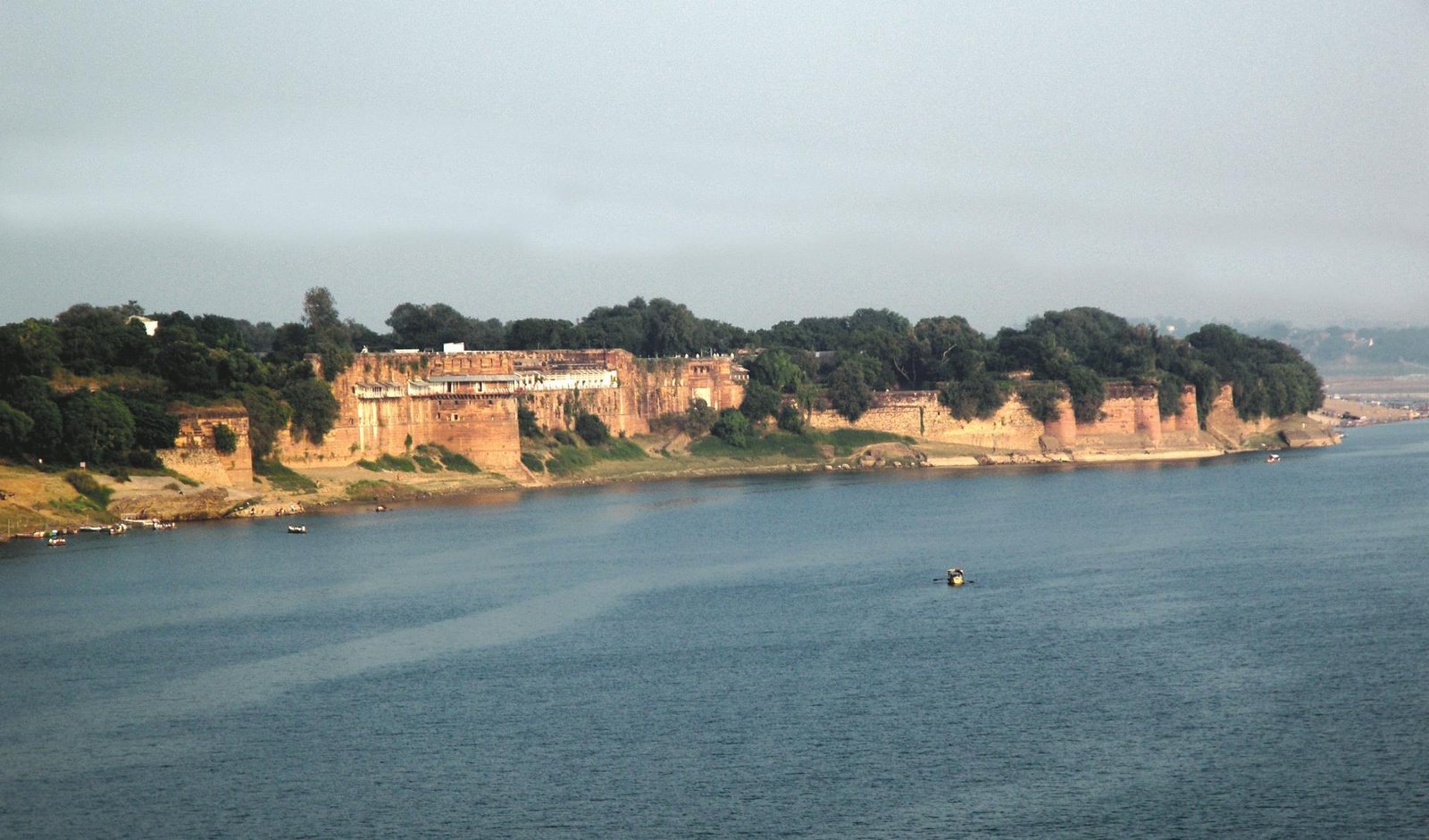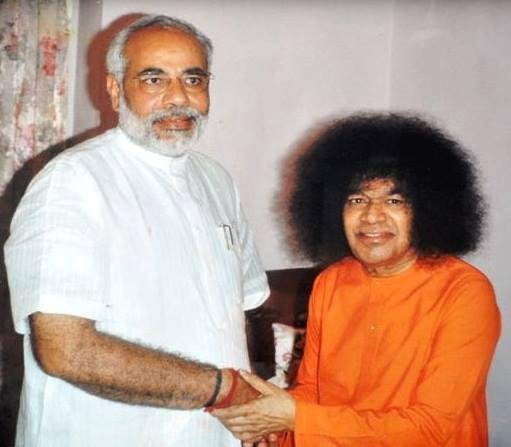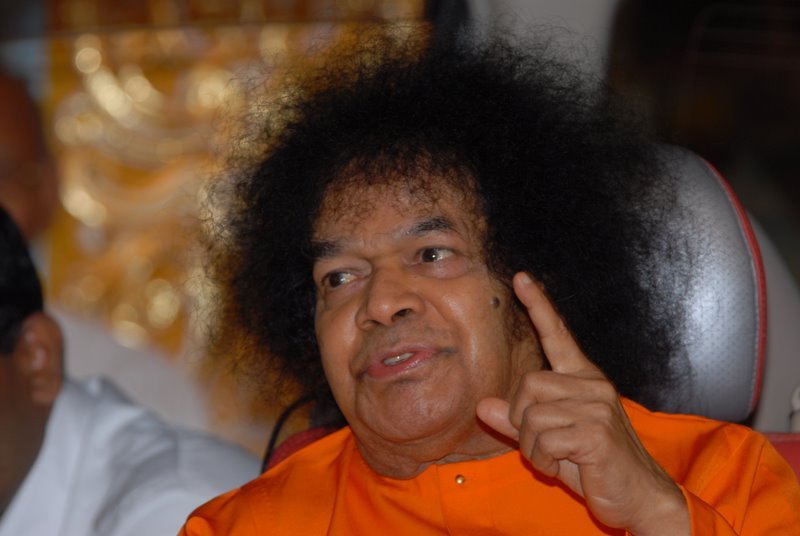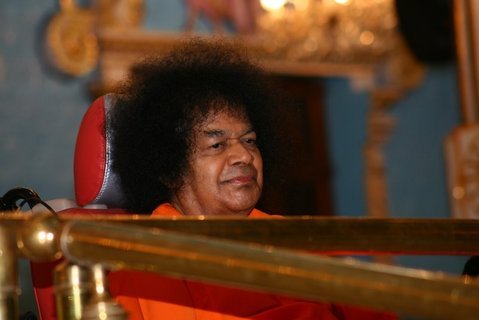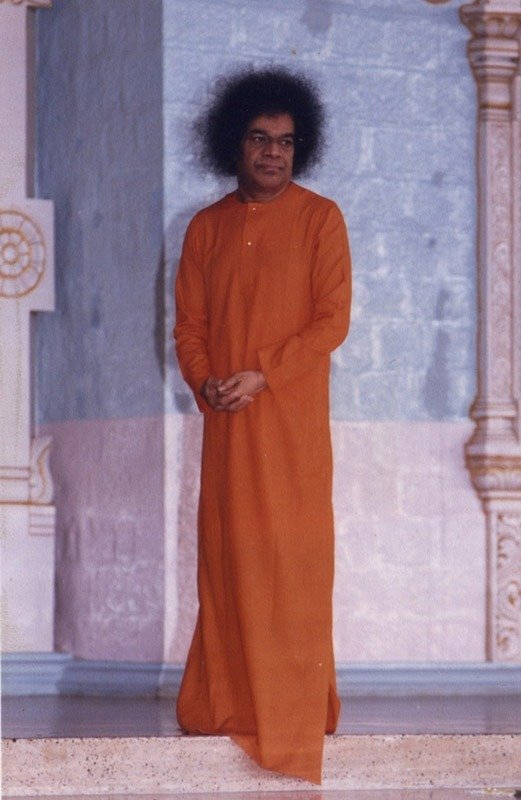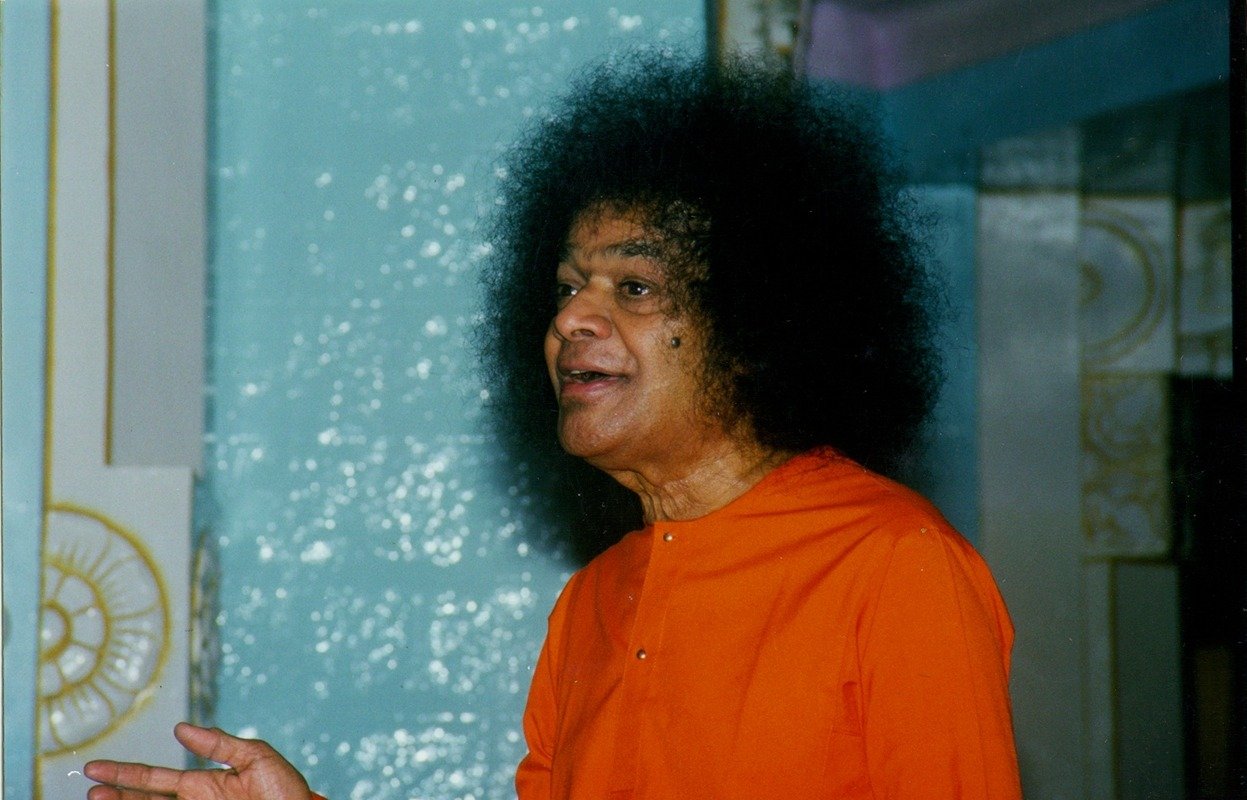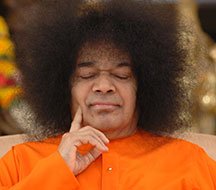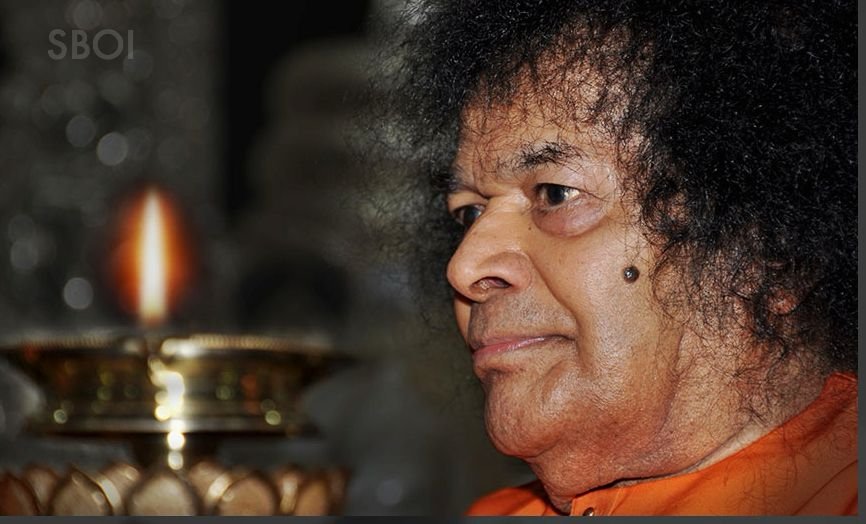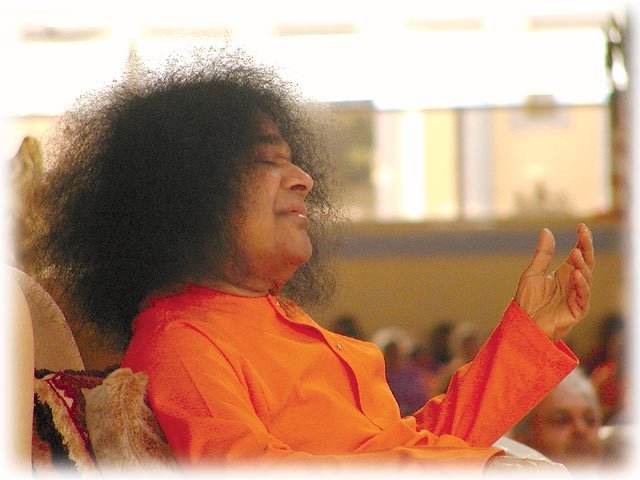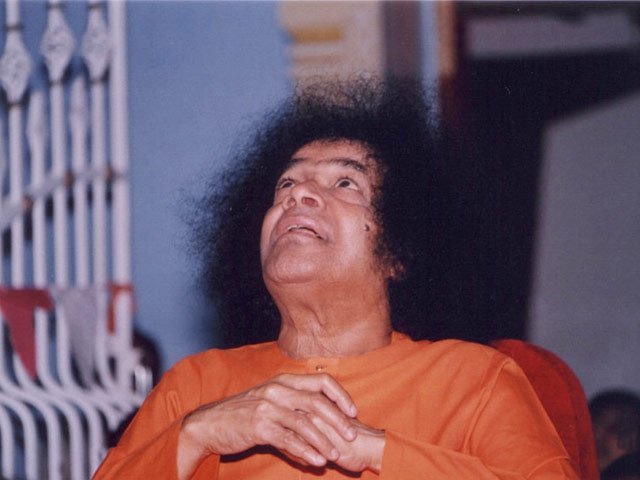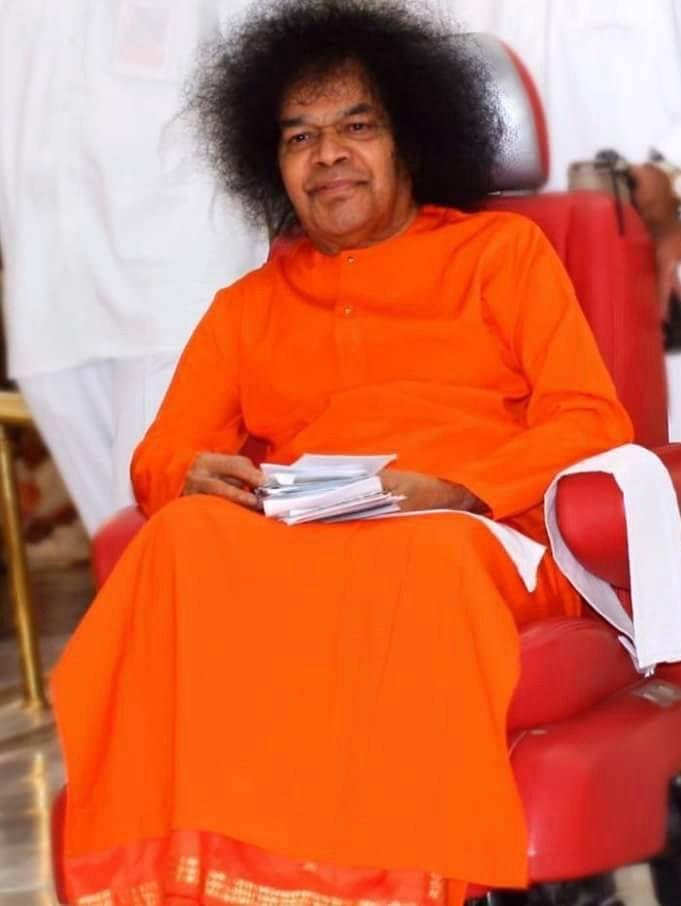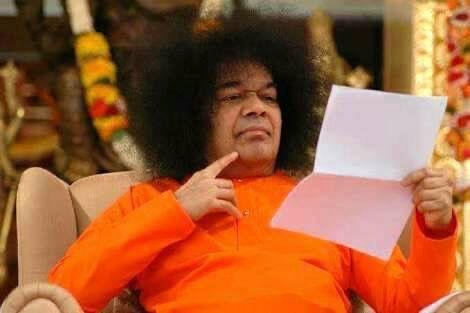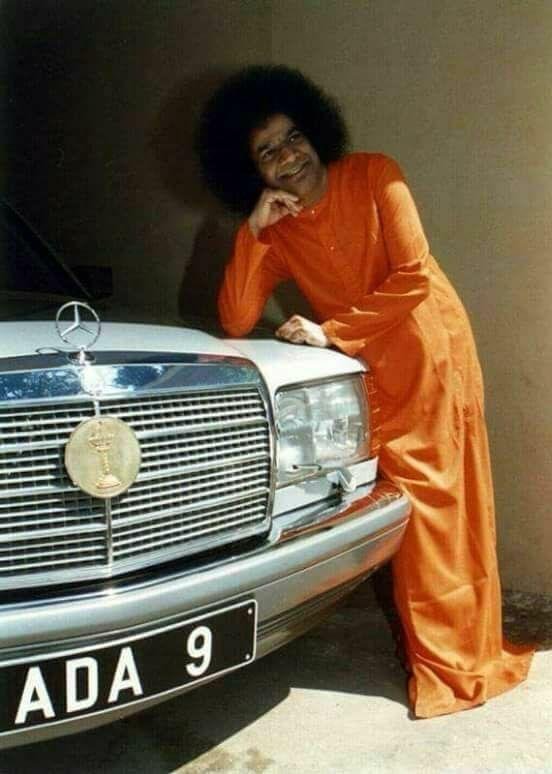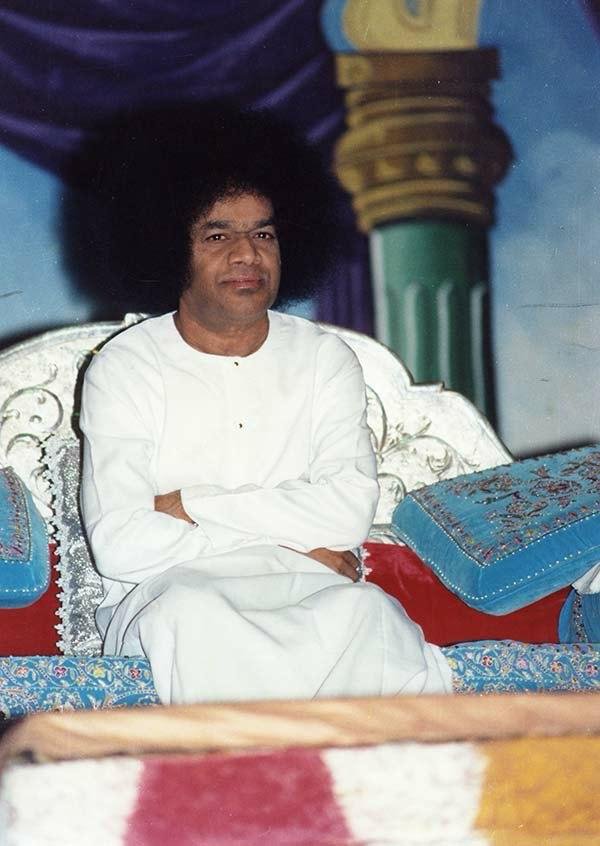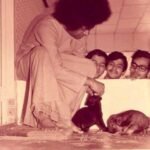Golu Baba – God of Justice
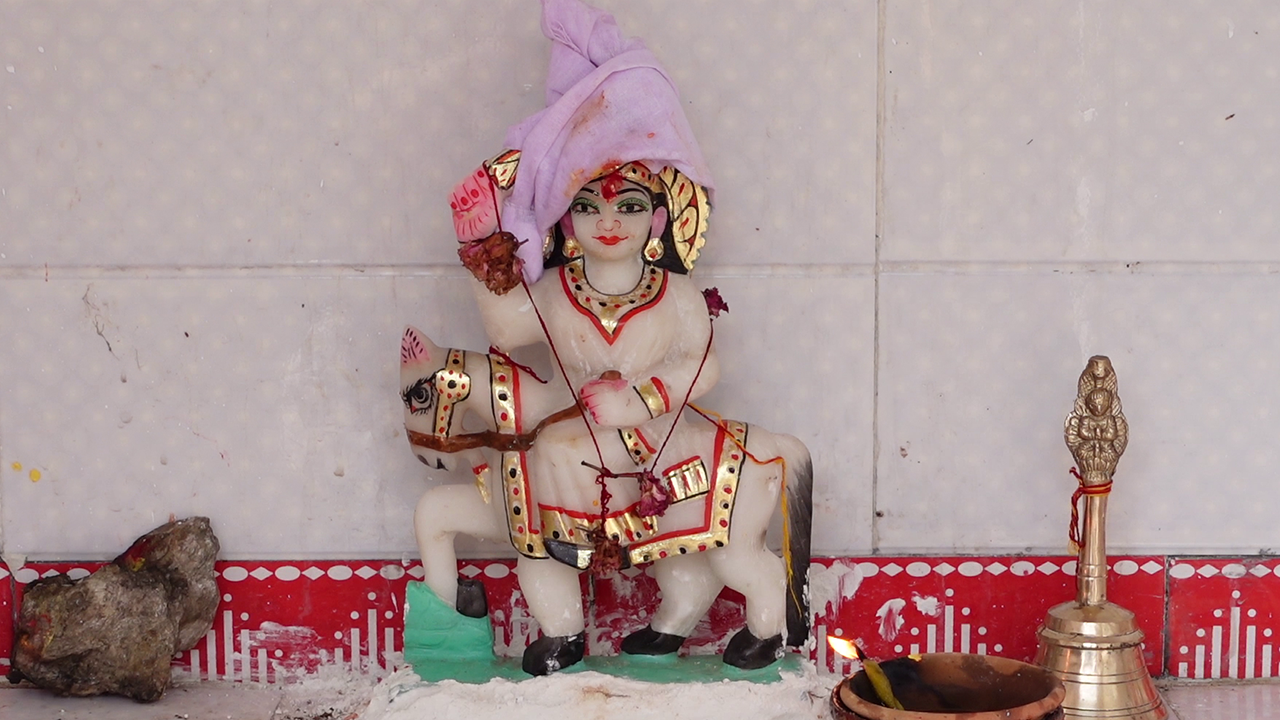
ð Golu Baba â The God of Justice
Golu Baba, also called Golu Devta or Golju, is a highly revered folk deity of Uttarakhand, especially in the Kumaon region. He is considered the embodiment of justice, truth, and impartiality. Unlike many other deities, Golu Baba is worshipped primarily for judicial fairness and resolution of disputes. His devotees believe that he protects the righteous and punishes the wrongdoers, making him a living symbol of justice in the region.
ð Appearance and Form
Golu Baba is depicted as a valiant warrior riding a white horse, signifying strength, speed, and divine vigilance. He is often adorned in white robes, sometimes with a sword or spear, symbolizing his role as the protector of justice. His temples are decorated with offerings such as milk, ghee, halwa, puris, pakoras, and fruits, reflecting the deep devotion of his followers. The white horse represents purity, righteousness, and the swift execution of justice.
ð Legend of Golu Baba
- Royal Lineage: He is said to be the son of King Jhal Rai and Queen Kalinka of the Kumaon region. From a young age, Golu Baba displayed extraordinary wisdom, fairness, and courage.
- Judicial Prowess: One famous story narrates that a dispute arose in the royal court. Golu Baba intervened and gave a completely impartial judgment, which impressed the king. Recognizing his wisdom, the king appointed him as his heir and guardian of justice.
- Divine Mission: Golu Baba devoted his life to upholding dharma and fairness, ensuring that justice was delivered to all. His sense of fairness was so profound that people began worshipping him as a living deity, even during his lifetime.
- Incarnation of Shiva: Folklore often identifies Golu Baba as an incarnation of Lord Shiva in the form of Gaur Bhairav, emphasizing his protector and judge role.
ðï¸ Temples and Worship
The origin of Golu Baba is surrounded by rich folklore and legend:
Golu Babaâs worship centers are spread across Uttarakhand, with Chitai in Almora being the most famous temple. Other notable temples are located in Ghorakhal, Udiapur, Binsar, and surrounding villages.
Chitai Temple: Known as the Temple of Justice, devotees bring written petitions or prayers detailing their problems or grievances and hang them on the temple walls. It is widely believed that Golu Baba reads these petitions and grants justice quickly, whether it concerns legal matters, personal disputes, or spiritual guidance.
Offerings: Devotees offer milk, ghee, sweets, halwa, and rice as a token of devotion. White horses are also offered symbolically, representing purity and the speed of justice.
Rituals: Daily worship includes prayers, offerings, and circumambulation of the temple, invoking Golu Babaâs blessings for fairness and protection.
ðï¸ Philosophy of Justice
Golu Babaâs teachings and legend emphasize:
Impartiality: Every individual, regardless of social status, wealth, or caste, should receive fair treatment.
Truth and Righteousness: Justice is rooted in truth, and deceit or corruption is never tolerated.
Divine Intervention: Golu Baba is believed to intervene in human affairs, protecting the righteous and punishing evildoers, maintaining moral balance.
This philosophy has made him an eternal symbol of justice in Kumaon, inspiring people to act righteously and seek his guidance when wronged.
ð¸ Cultural Significance
Community Faith: Worship of Golu Baba is not limited to temples; people carry his images to homes and local shrines, believing in his ever-present vigilance.
Folk Traditions: Many festivals, fairs, and local ceremonies are held in his honor, where devotees gather to share stories, perform rituals, and seek blessings.
Symbol of Hope: Golu Baba serves as a guardian for the oppressed and victims of injustice, ensuring that truth prevails even when human systems fail.
ðº Devotional Belief
Devotees believe that by sincerely worshipping Golu Baba and writing their petitions, problems are solved, disputes are resolved, and justice is served swiftly. His temples are often surrounded by hundreds of bells and votive offerings, representing the prayers and gratitude of the people. Golu Baba is not just a deity; he is the living embodiment of fairness, courage, and divine protection.
âGolu Baba rides swiftly on his white horse,
delivering justice to the oppressed, protecting truth,
and guiding devotees toward righteousness.â


